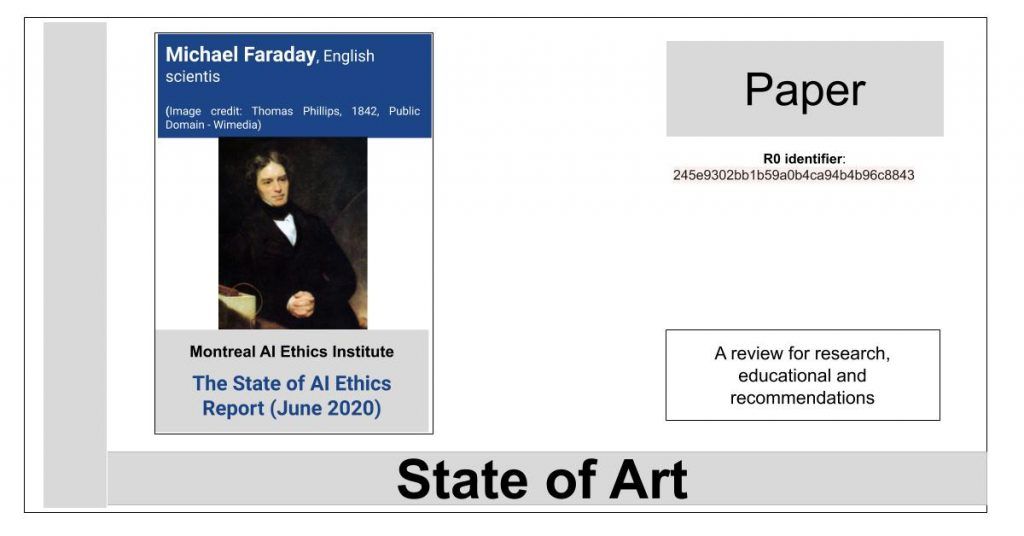IEEE Use Case–Criteria for Addressing Ethical Challenges in Transparency, Accountability, and Privacy of CTA/CTT
There are substantial public health benefits gained through successfully alerting individuals and relevant public health institutions of a person’s exposure to a communicable disease. Contact tracing techniques have been applied to epidemiology for centuries, traditionally involving a manual process of interview and follow-up. This is time-consuming, difficult, and dangerous work. Manual processes are also open to incomplete information because they rely on individuals being willing and able to remember and report all contact possibilities.









